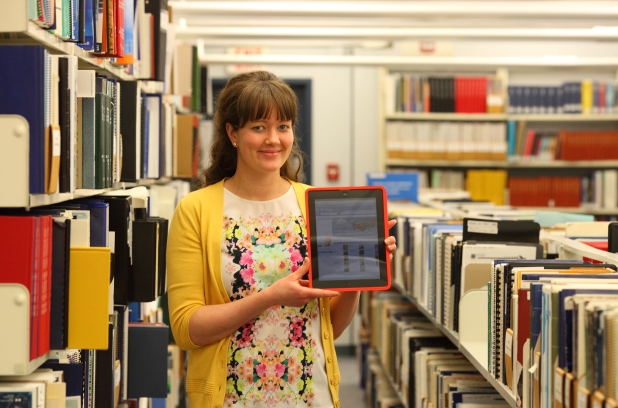
Publishers have been heavily resistant about selling their catalog of eBooks to libraries in the US and Canada. It took years of lobbying from the American Library Association and companies such as 3M and Overdrive to finally sway them over. Now, in one way or another, every major publisher has a pilot project or distributes select titles to libraries.
In 2013, both Macmillan and Simon & Schuster, which had not been selling ebooks to libraries, began pilot programs which were eventually expanded. Macmillan now sells its entire back-list of 11,000 titles to libraries nationwide and Simon & Schuster expanded its first pilot to a dozen libraries. Penguin Book Group ended its embargo policy so that all ebook titles would be available to libraries at the same time as in the consumer ones are issued. Hachette Book Group made all its ebooks available to libraries at the same time as print books. Smaller publishers such as Smashwords have also got involved in the distribution of eBooks from their wellspring of self-published content.
Major publishers still see libraries as devaluing their digital product by giving it away for free. Jeannette Woodward, author of a number of books, including The Transformed Library: E-Books, Expertise, and Evolution said “Trade publishers have always had an unrealistic idea of library circulation,” she says. “They imagine that library books circulate 50 or more times, causing them to lose 49 sales. This attitude, of course, ignores the many books that circulate rarely and assumes that library readers would purchase every book they borrow. Because the industry is in financial difficulty, it may be even more anxious to lay blame on libraries.”
Major publishers and publishing associations seem to fear that libraries could circulate ebooks to thousands of readers, decimating their profits. “These fears are, of course, largely unfounded,” Woodward says, “but they are making it very difficult for libraries to purchase the ebooks demanded by their patrons. Some publishers refuse to work with libraries, while others insist on charging libraries many times the prices paid by their other customers. “Since individual libraries have very little clout, professional organizations like ALA will need to devote considerable time and resources to resolving this conflict,” Woodward says. “On the one hand, publishers need to be educated about the real world of libraries and understand that libraries can actually help their bottom line. On the other, libraries need to show their muscle, making it clear that when they act together, they are a force to be reckoned with.
Helping the bottom line is what companies like 3M are doing with their Cloud Library Service. They recently unveiled new tools that actually allow libraries to sell eBooks and make a commission. This puts money in the pocket of the library, the digital distributor and publisher. Libraries as retail, this is a trend that will continue to grow in 2014.
As much headway as Overdrive, Baker & Taylor, 3M and ALA make with publishers, many people still don’t think its enough. Clifford Lynch, executive director of the Coalition for Networked Information, called the library ebook situation “appalling,” explaining that denying libraries unfettered access to ebooks threatens the library mission to “preserve cultural heritage, provide accommodation for people with disabilities, and protect individual privacy,” according to the report.
If you want to find out more about the recent ALA report, in all of its glory, click HERE.
Michael Kozlowski is the editor-in-chief at Good e-Reader and has written about audiobooks and e-readers for the past fifteen years. Newspapers and websites such as the CBC, CNET, Engadget, Huffington Post and the New York Times have picked up his articles. He Lives in Vancouver, British Columbia, Canada.
